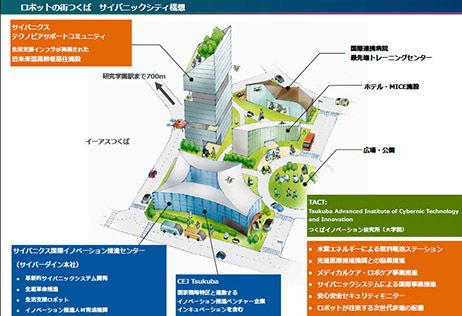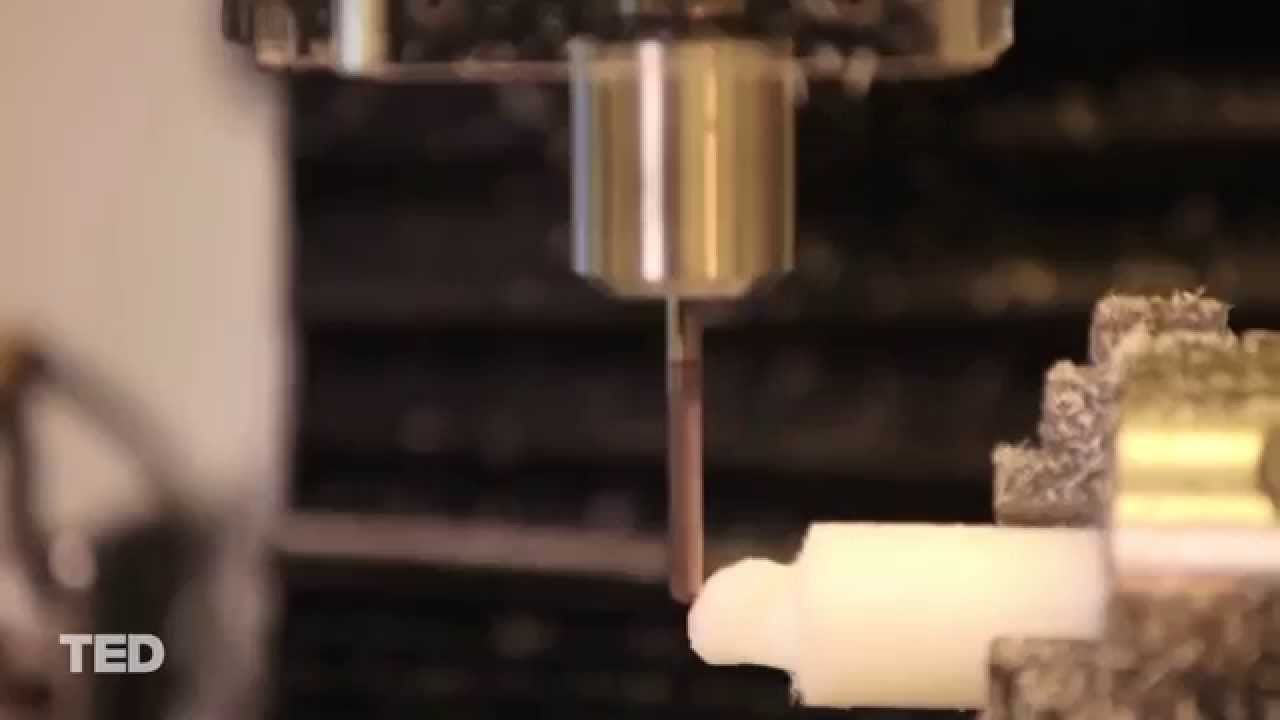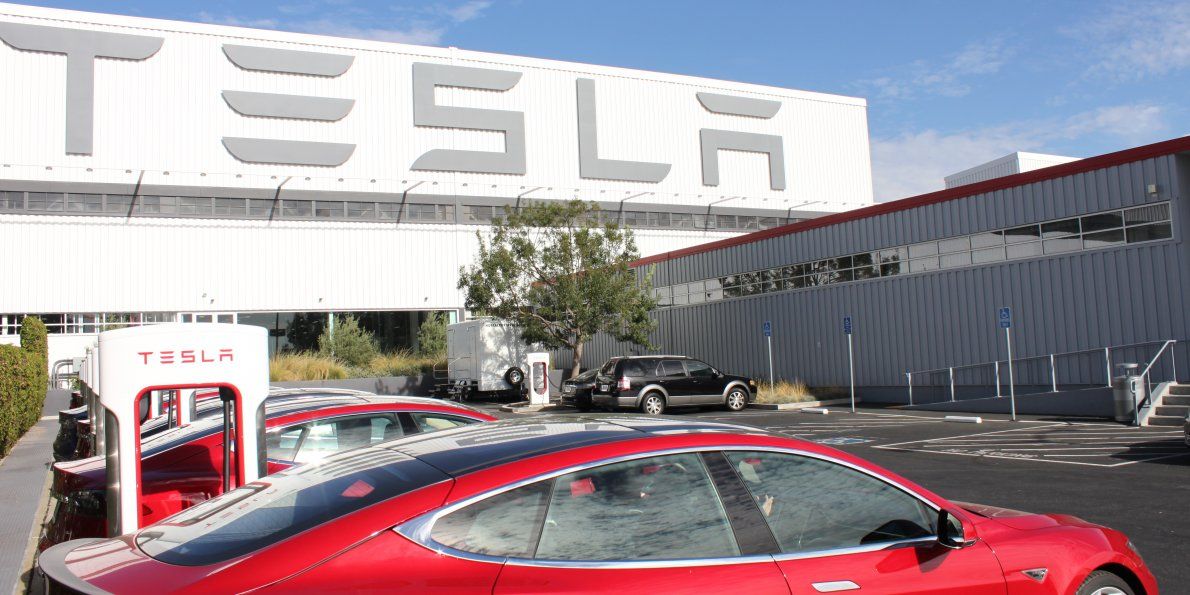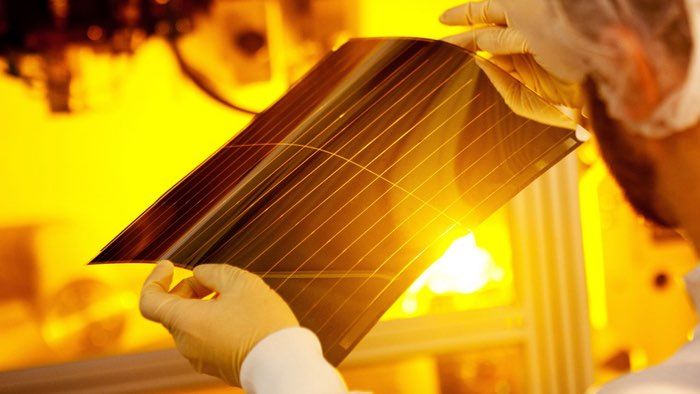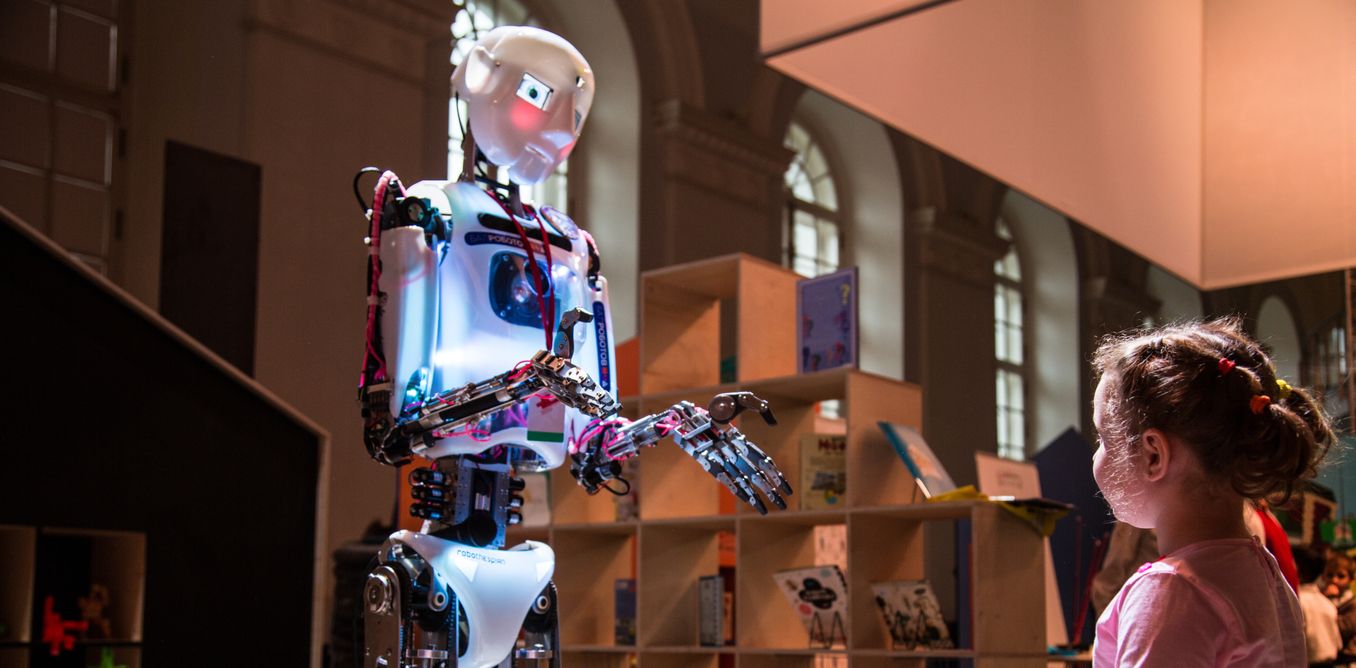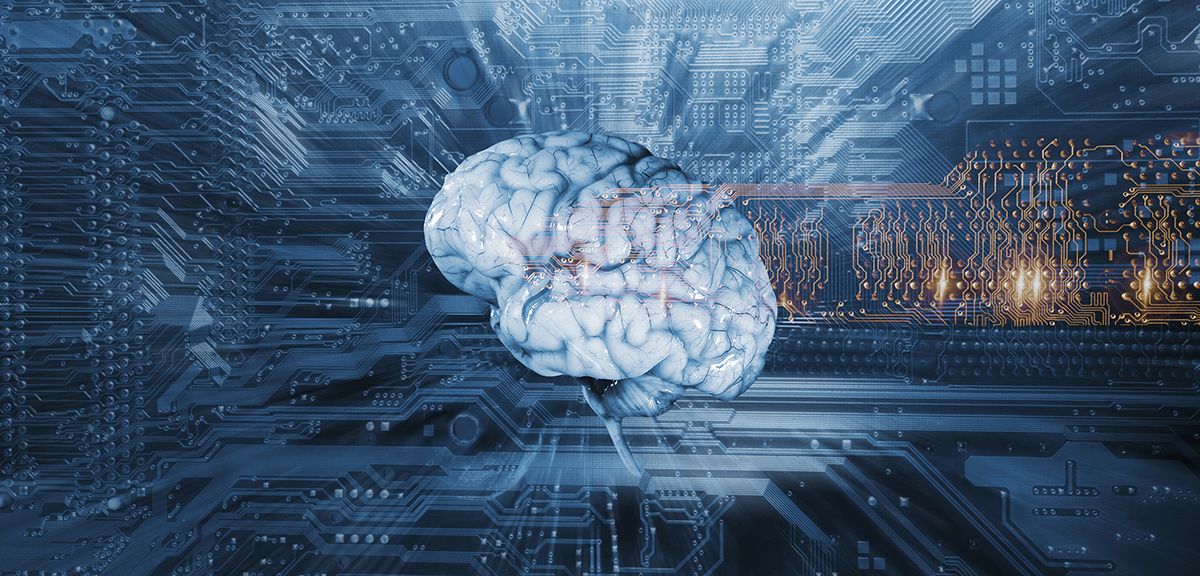Feb 10, 2016
Researcher aims to engineer spray paint that can soak up sun’s elusive energy
Posted by Karen Hurst in categories: computing, solar power, sustainability, transportation
Now, that’s a concept! Spray paint from a can that harnesses solar energy. Imagine, you can spray paint windows, patio tables, your car, a bike, etc. with Solar Spray Paint in a can; and watch your gadgets get charged. It is almost like the “Computer Screen in the Can” idea that I had last week. Geez, wonder if she could partner with me on that concept?
Researcher aims to engineer spray paint that can convert sun’s elusive energy to electricity.

